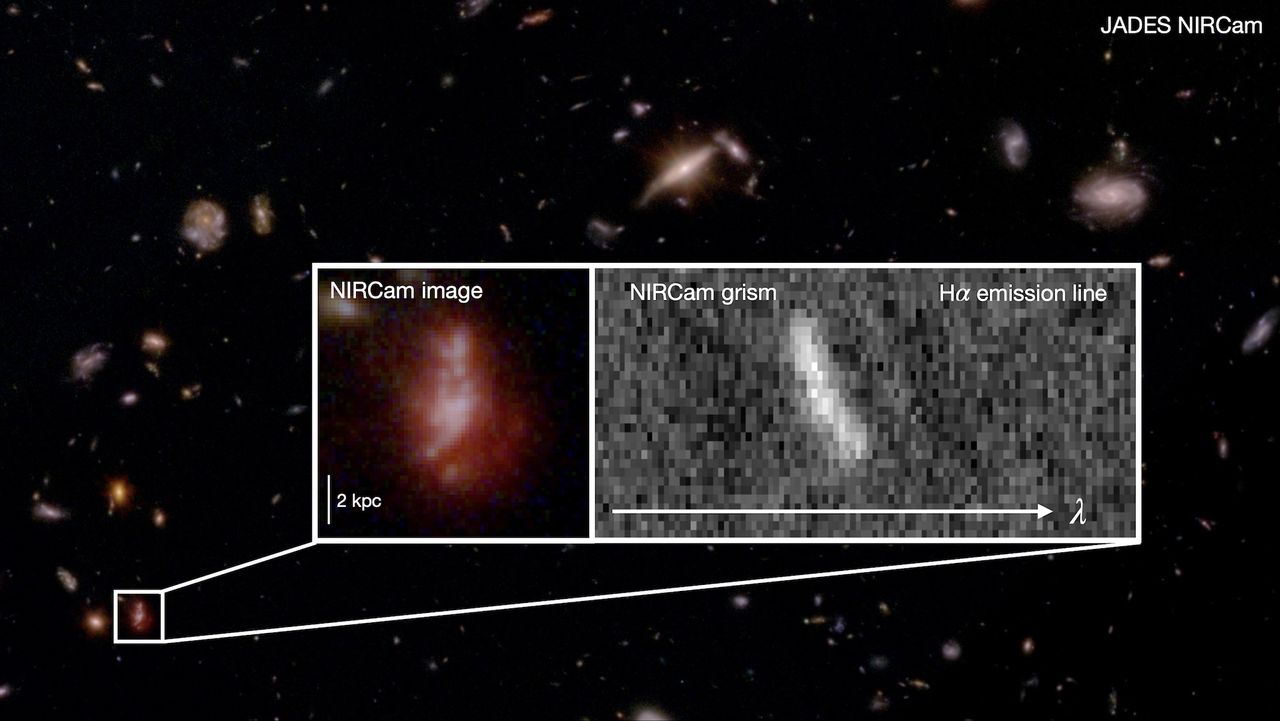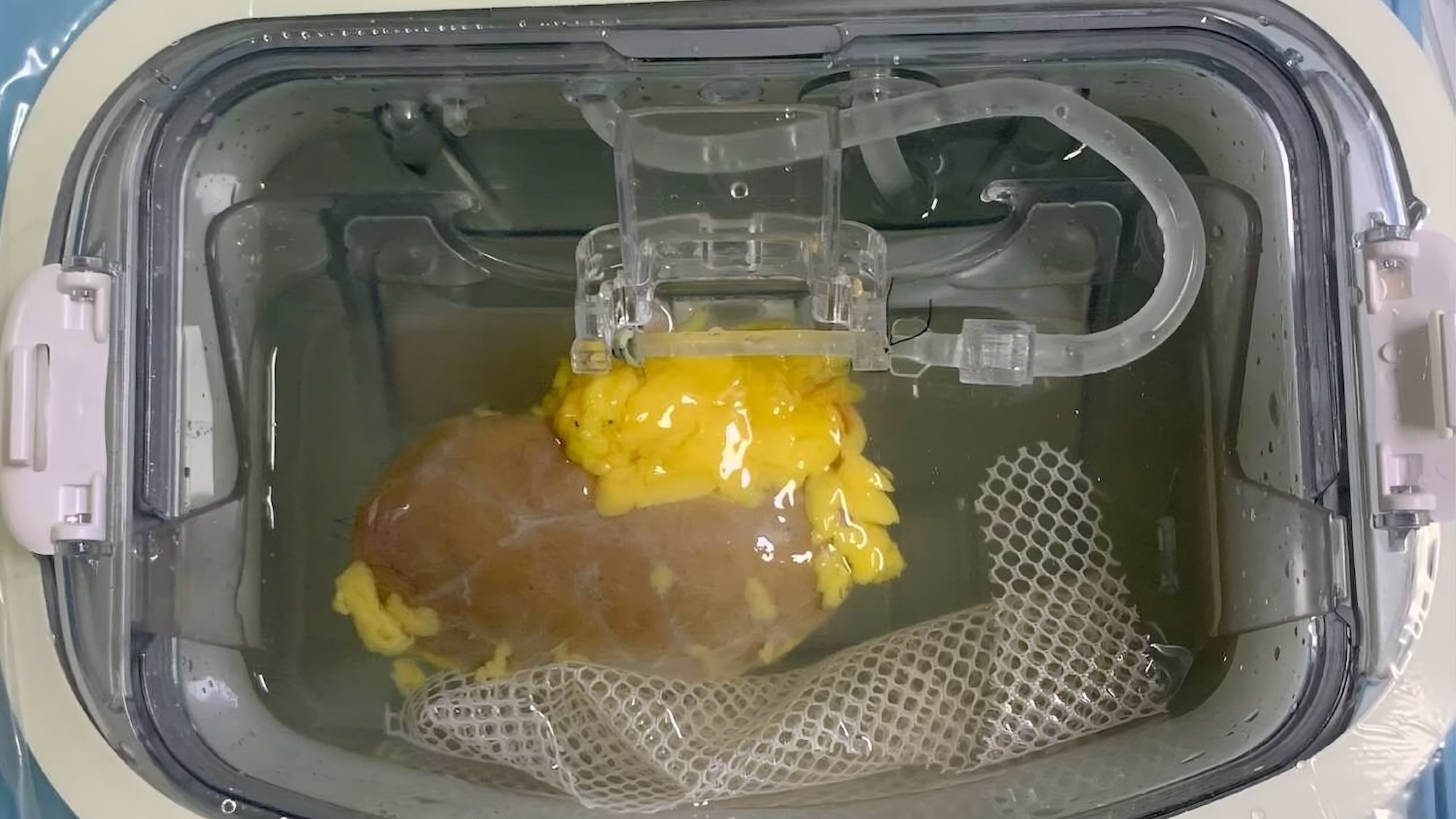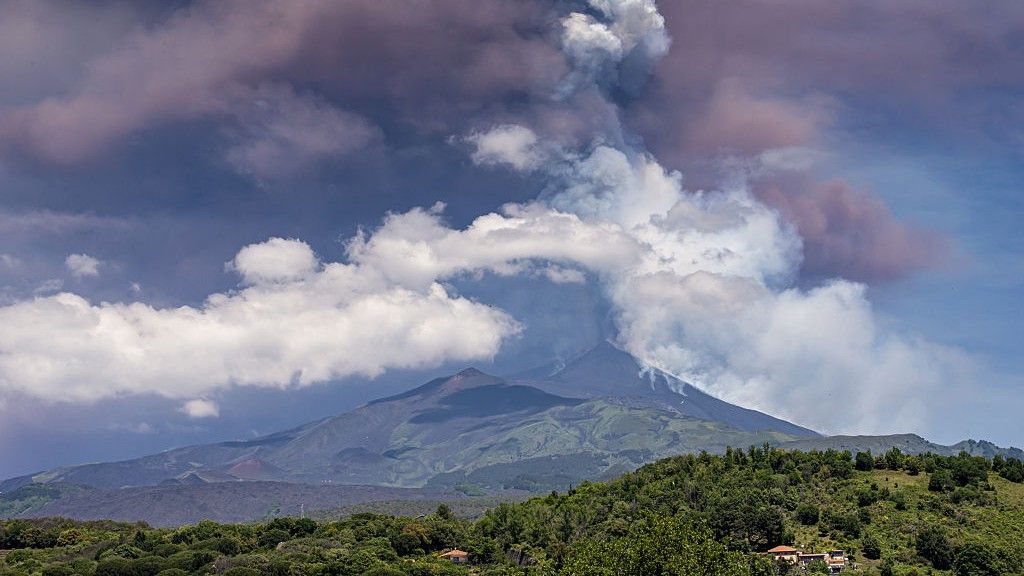Reviving California’s Kelp Forests, One Dive at a Time
PositiveScience

In an inspiring effort to restore California's vital kelp forests, scientists, divers, and volunteers are working together to remove invasive urchins that threaten these underwater ecosystems. This initiative not only helps revive the kelp but also supports marine biodiversity, making it crucial for the health of our oceans. By engaging the community in this hands-on approach, the project fosters awareness and appreciation for marine conservation, highlighting the importance of teamwork in environmental restoration.
— Curated by the World Pulse Now AI Editorial System









